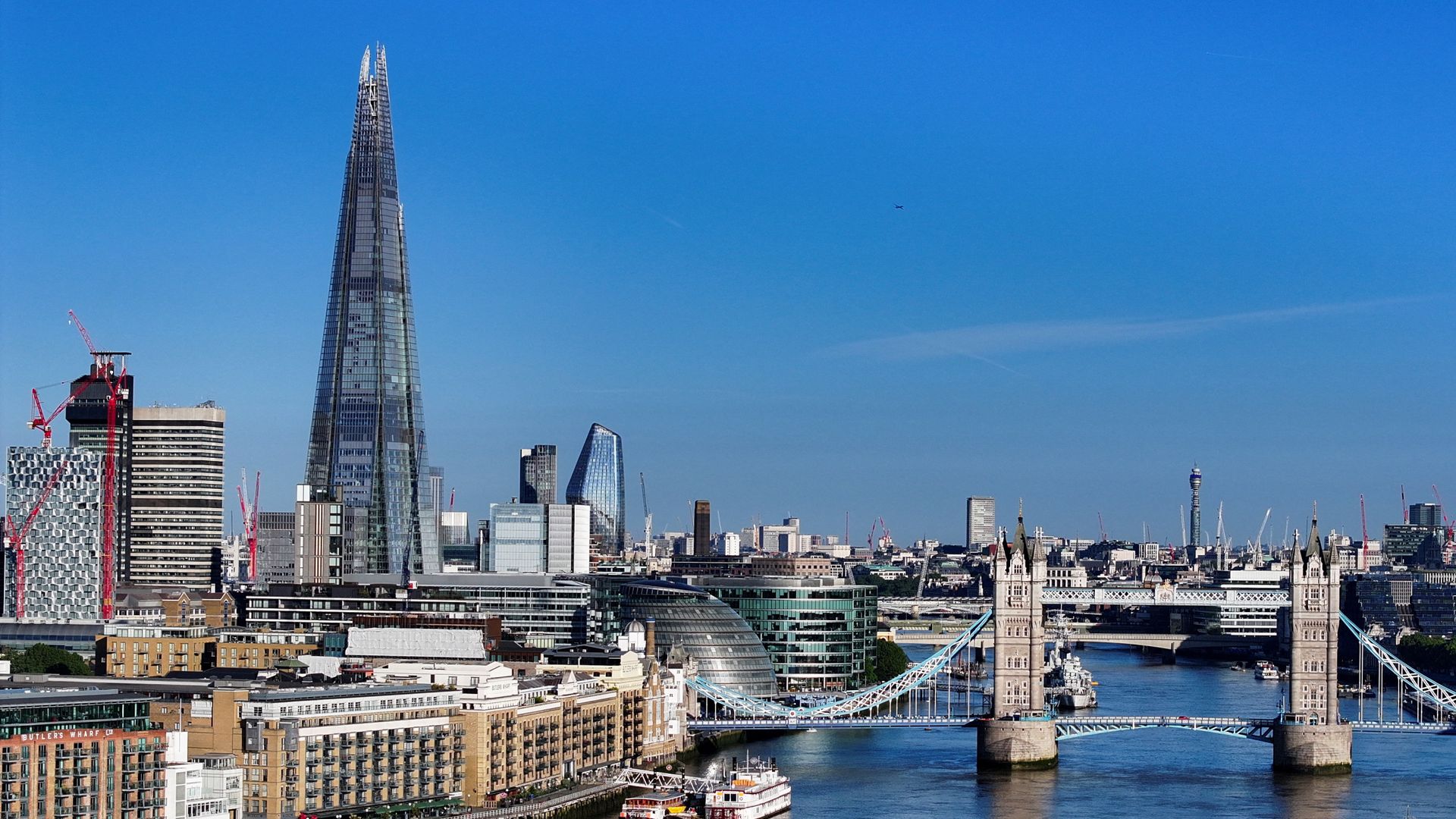

At a recent conference, Christine Lagarde, the president of the European Central Bank, described Jerome H. Powell, the chair of the Federal Reserve, as “the standard of the courageous central banker.”
The room was filled with central bank officials from around the world, who stood to applaud in a public outburst of support for a fellow central banker under relentless assault by President Trump.
Central banks’ independence, which allows policymakers to set interest rates free from political interference, is considered sacrosanct by investors and economists. That’s why the attacks on the Fed, the most important and influential central bank in the world, have reverberated far beyond Washington.
“It’s a signal which is worrisome,” said Stefan Ingves, the former governor of the Riksbank, Sweden’s central bank.
Turmoil in U.S. financial markets risks upending the finances of countries and companies abroad. The yields on long-term U.S. government debt, which serve as benchmarks for interest rates around the world, could spike if Mr. Trump were to fire Mr. Powell, economists warn. The value of the dollar could sink.
Many central banks hold a large share of their reserves in dollars and dollar-denominated assets. The dollar is also the dominant form of global payment, on one side of nearly 90 percent of all cross-border transactions, according to the Bank for International Settlements, the bank for central banks.
“Given that the U.S. dollar is so dominant in the global economy, and it’s a reserve currency, supplying a stable U.S. dollar is a global public good,” Mr. Ingves said. “That’s why what is going on in the U.S. matters to the rest of the world.”
Risks to the independence of the Fed could also threaten the supply of dollars to central banks, through so-called swap lines. That would be a threat to global financial stability: For example, when financial markets convulsed in the early days of the Covid pandemic, investors needed dollars and central banks clubbed together to provide them. That requires the cooperation of the Fed.
If investors struggled to understand the Fed’s motivations and how it would react to economic news, it could make markets less predictable, said Jumana Saleheen, an economist at Vanguard who used to work at the Bank of England.
“If people had no clue what would happen and at what time frame, it could create anxiety,” she said.
The United States is seen as a role model, so threats to the Fed’s independence could chip away at independence in other central banks, said Katharine Neiss, an economist at PGIM Fixed Income who spent more than 20 years at the Bank of England.
Broadly, the threats add to the current “environment of uncertainty,” Ms. Neiss said, which makes it hard to plan long-term investments and hurts economic growth and living standards. In that sort of environment, “we don’t know what to trust, we don’t know who to trust,” she added.
In the past, when central banks have succumbed to political pressure “in many cases, the record is not good,” said Mr. Ingves, the former Swedish central bank chief.
It has led to “devastating effects” on inflation for citizens and companies, “oftentimes bringing countries to a brink,” Agustín Carstens, the former general manager of the Bank of International Settlements, said recently.
Turkey is often used as the sharpest example of the cost of interfering with a central bank’s independence. For years, President Recep Tayyip Erdogan pressured Turkey’s central bank to cut interest rates, even as inflation soared and the country’s currency plummeted.
Mr. Erdogan has repeatedly pushed out policymakers who opposed his demands — Turkey has had five central bank governors in the past six years. Over that time, the country’s inflation rate climbed above 80 percent, and it remains at a punishingly high level of 35 percent.









-3.png)



